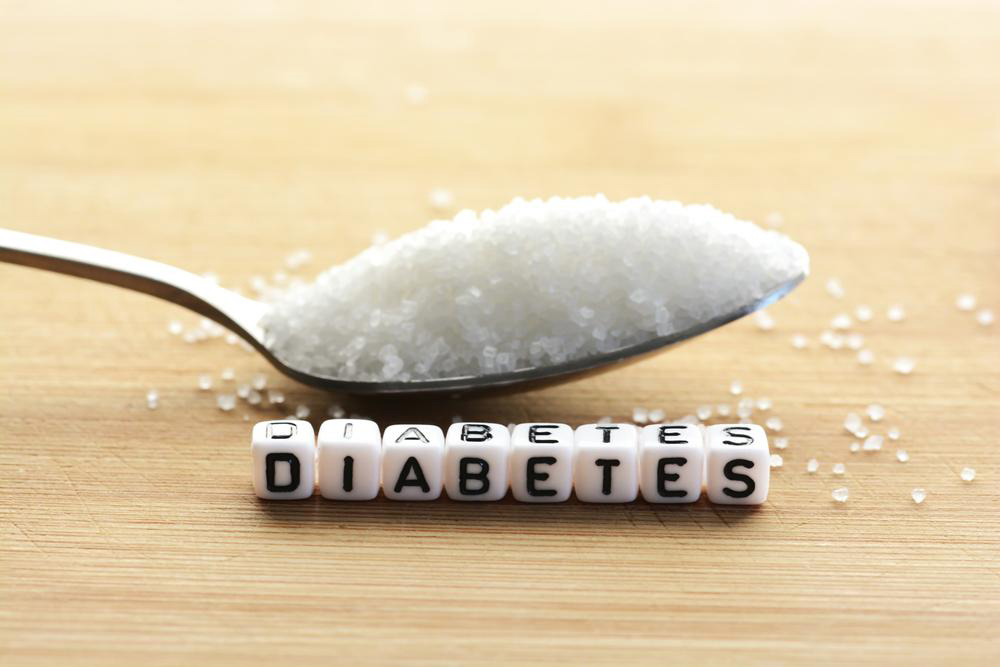Comprehensive Guide to Managing Common Stomach Flu Symptoms Effectively
This comprehensive guide offers practical, evidence-based strategies to manage common stomach flu symptoms. It emphasizes hydration, dietary tips like the BRAT diet, acupressure techniques, and safe medication use to alleviate symptoms and prevent dehydration. Learn how to effectively cope with nausea, diarrhea, and abdominal cramps, and when to seek medical help. Ideal for those experiencing viral gastroenteritis, this article helps you recover quickly and comfortably with expert advice and natural remedies.

Comprehensive Strategies for Managing Symptoms of the Common Stomach Flu
The stomach flu, medically known as viral gastroenteritis, is a highly contagious illness that affects many people worldwide. It involves inflammation of the stomach and intestines, which leads to a range of uncomfortable and sometimes debilitating symptoms. Although it’s called the stomach flu, it is not related to the influenza virus; instead, it is primarily caused by various viruses, including norovirus and rotavirus. Besides viruses, bacterial and parasitic infections can also contribute to gastroenteritis, especially when contaminated food or water is involved. Understanding how to manage its symptoms effectively can significantly improve comfort and aid recovery.
The illness generally lasts from a few days up to two weeks, depending on the severity and the individual’s immune response. Its highly contagious nature means that it spreads easily through contact with infected fecal matter, vomit droplets, or contaminated surfaces. Proper hygiene, sanitation, and early intervention are key to preventing its spread and reducing symptoms.
Typical symptoms of stomach flu include:
Profuse diarrhea that can lead to significant fluid loss
Intense nausea and frequent vomiting
Abdominal cramps and discomfort
Low-grade fever and chills
Muscle soreness and fatigue
Loss of appetite
Managing these symptoms is crucial to prevent dehydration, shorten illness duration, and reduce discomfort. Here are detailed, effective strategies that help individuals cope with stomach flu symptoms better.
Prioritize Hydration The most immediate concern during a stomach flu episode is dehydration, caused by the loss of fluids through vomiting and diarrhea. Staying properly hydrated is essential. Water is the safest and most accessible option; however, electrolyte-rich drinks such as oral rehydration solutions, sports drinks, or homemade electrolyte formulas can replenish lost minerals. Herbal teas like ginger or peppermint are gentle on the stomach and can help soothe nausea. Avoid caffeinated beverages like coffee, tea, and energy drinks, as they can promote dehydration and disturb sleep, impairing recovery.
Follow the BRAT Diet When appetite diminishes, switching to the BRAT diet — bananas, rice, applesauce, and toast — provides a gentle, easily digestible source of nourishment. These foods are bland, low in fiber, and help firm up stool. As symptoms improve, gradually reintroduce other light foods such as boiled potatoes, plain crackers, and steamed vegetables. Avoid dairy products, greasy, spicy, or heavily seasoned foods, which can worsen symptoms or prolong recovery.
Leverage Acupressure Techniques Acupressure can be a natural relief method for nausea associated with stomach flu. One of the most effective points is P-6 (Neiguan), located on the inner forearm approximately three finger-widths below the wrist crease, between the tendons. Applying gentle but firm pressure with your thumb for several minutes can significantly reduce nausea discomfort. This technique offers a drug-free option for symptom relief, especially useful when medications are contraindicated or undesirable.
Use Medications Judiciously Over-the-counter medications can help manage specific symptoms. Acetaminophen or ibuprofen can reduce fever and muscle aches, but they should be used cautiously, especially by individuals with liver issues or other health concerns. Anti-diarrheal medications like loperamide may help decrease stool frequency but should be used under medical advice, as they can sometimes prolong infection. Antiemetics might be recommended for severe nausea but should only be used under healthcare supervision. Importantly, antibiotics are ineffective against viral infections; they should only be prescribed if a bacterial cause is confirmed.
In conclusion, managing the symptoms of the stomach flu involves a combination of supportive care, proper hydration, dietary management, and symptom-specific medications where appropriate. Most importantly, maintaining good hygiene practices and seeking medical advice if symptoms worsen or persist beyond two weeks can prevent complications and promote a safe recovery process.





